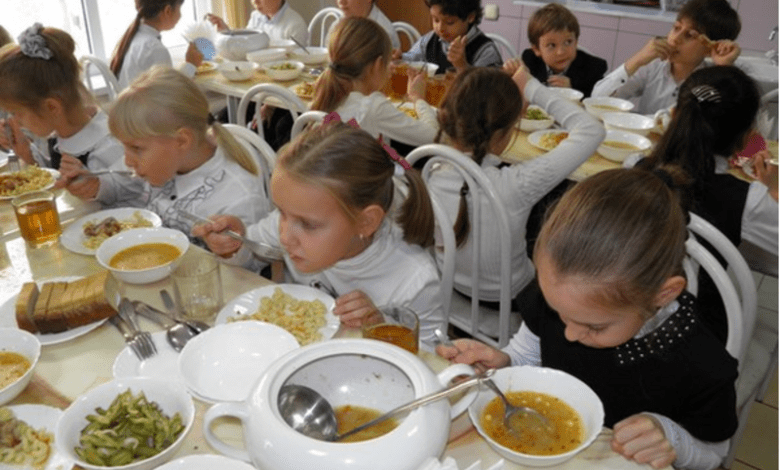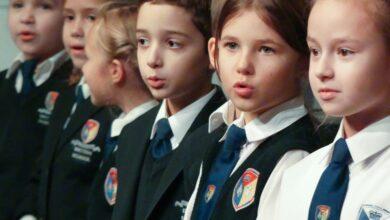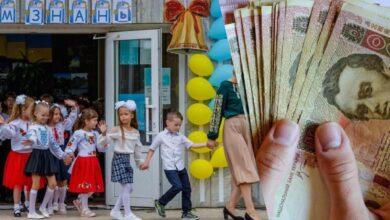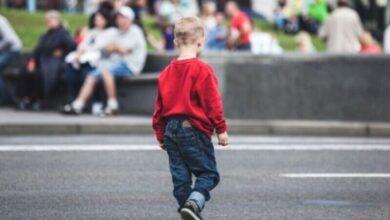In the Rivne region, 43 thousand children of “Chernobyl survivors” will no longer receive free meals in schools and kindergartens

In times of full-scale war, supporting children, especially those belonging to privileged categories, is both a social obligation and an indicator of the maturity of public policy. It is about basic guarantees for the vulnerable — in particular, children living in the zones affected by the Chernobyl disaster. Support for such families should be stable and predictable, especially given the additional difficulties that arise in wartime conditions: loss of income, evacuation, inflation, lack of resources. However, even under these circumstances, decisions are made that have a direct impact on the daily lives of tens of thousands of children.
Free meals have been canceled for more than 43,000 children
From May 14, 2025, more than 43,000 children from the communities of the Rivne region, who belong to the category of “Chernobyl residents”, will no longer receive free hot lunches in schools and kindergartens. Instead of meals in educational institutions, parents will be offered monetary compensation. About this reported Roza Slobodenyuk, Director of the Department of Social Policy of the Rivne Regional State Administration, during an online briefing.
According to her, until now, children received free meals in accordance with the current legislation – in particular, the Law of Ukraine “On the Status and Social Protection of Citizens Affected by the Chernobyl Disaster.” In the 2024-2025 school year, 43,000 children used this benefit. 150 million hryvnias were allocated from the regional budget to ensure their food, but these funds have already been exhausted.
“Actually, the balance for food is only for May. Therefore, as of today, free meals have been discontinued.” – said the official.
Reimbursement in lieu of meals: how it works
Instead of hot lunches in schools and preschools, parents of children are offered monetary compensation. To get it, you should contact the social protection authorities at your place of residence. Educational institutions, in turn, must provide certificates confirming that the child attends an educational institution and belongs to a privileged category.
After submitting the appropriate package of documents, families will be able to receive compensation from the state budget. In practice, this means that the financial responsibility for feeding children will be partially transferred to parents: they will receive a certain amount, but they will have to independently organize daily meals for the child – either at home, or by paying for school canteen services.
Is there a prospect of returning free meals
Roza Slobodenyuk also reported that the regional administration has already turned to the Ministry of Social Policy with a request to allocate additional funds for the restoration of free meals. It is about the sum of over 300 million hryvnias, which should provide hot lunches for children from September until the end of the current year.
According to the official, this decision remains with the ministry. In case of a positive answer, the funding will be restored in full for the new academic year.
This is not the first case of termination of free meals for children from Chernobyl. Previously, a similar situation developed in the Kamin-Kashir district in Volyn. As reported in March, 3,900 students of this district were also deprived of free lunches. During that period, parents were paid monetary compensation in the amount of 390 hryvnias per month.
Maksym Demidyuk, head of the Department of Social and Veteran Policy of the Volyn Oblast, told about this situation. He confirmed that children are temporarily not fed in educational institutions, and parents receive funds instead.
Replacing hot lunches with monetary compensation is, at first glance, a compromise solution, but in practice it creates a number of risks. First, not all parents have the opportunity to provide adequate nutrition at home or in an alternative way. Secondly, the amount of compensation is not always equal to the actual cost of a full lunch in the school canteen. Thirdly, for some families, processing compensation is an additional administrative burden.
In the case of children who live in areas contaminated with radioactive substances and belong to socially vulnerable categories, any reduction in state support carries potential consequences — both for health and for trust in the social protection system.





